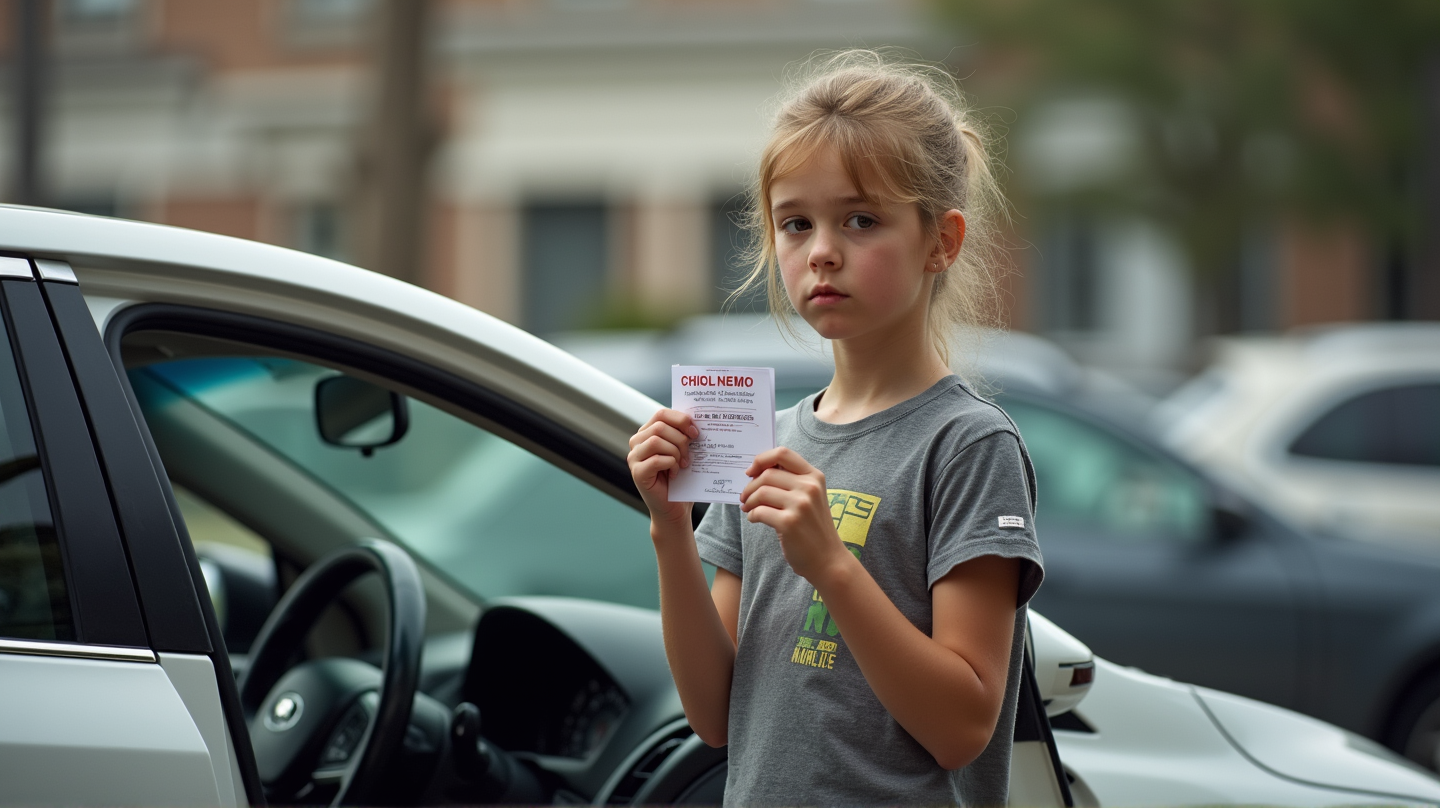NC Bill to Further Reduce Teen Driving Practice Raises Safety Concerns
Legislation seeks to cut supervised practice time for young drivers, who already face increased risks on the road.

A Controversial Proposal
In an unexpected turn of events, the North Carolina House is contemplating a bill that would significantly reduce the practice period required for aspiring young drivers. House Bill 584 seeks to cut the supervised driving hours to just 60 before teens can advance to the next licensing stage. Given the stark rise in crash rates among 16-year-old drivers, many are questioning the wisdom of this move.
The Impact of Past Changes
North Carolina’s path toward a reduced practice period has already seen consequences. Originally, when the practice time was cropped during the pandemic due to pressure from constituents over licensing delays, crash rates surged by 13%. The staffing shortages and longer appointment wait times at the Division of Motor Vehicles (DMV) have exacerbated these issues, prompting legislators to act swiftly yet, some argue, without foresight.
Reasons Behind the Bill
According to North Carolina Health News, Representative David Willis (R-Marvin), the chief advocate of the bill, cites ongoing delays at DMV offices as a primary motive. He claims the current system creates unnecessary barriers for parents and teens, but safety experts argue this move could further endanger young drivers by curtailing crucial practice opportunities.
Voices of Opposition
Safety advocates like Robert Foss emphasize that the current licensing system has long been regarded as a model in the nation, significantly reducing fatal crashes among young drivers since its inception in 1997. The proposed reduction in practice time could undermine decades of progress and, according to early data, might already be doing so.
Parental Concerns and Logistics
While convenience and efficiency in managing DMV appointments are valid points of discussion, experts and parents alike advocate for a balance that does not compromise safety. The drift toward online provisional licensing, as suggested in the bill, while easing logistical burdens, might not ensure the rigorous preparation required to protect new drivers.
Understanding the Graduated License System
At the heart of the concern is how pivotal the graduated license system has been in adapting young drivers to varied driving conditions. From rain-soaked roads in spring to icy winter conditions, the exposure kids get during their learner’s permit is invaluable. Reducing the supervised practice reflects not just on the driver’s immediate safety but also impacts the broader road safety ecosystem.
A Call for Comprehensive Evaluation
The debate around HB584 spotlights the tension between efficiency and safety. Legislators are urged to delve deeper into scientific evidence that supports extensive practice routines for new drivers. Critics argue that the proposed 60-hour requirement lacks empirical backing, and reducing the months of supervised experience could be shortsighted.
In the wake of these legislative developments, community voices ask: Is convenience worth the price of safety on the roads?





